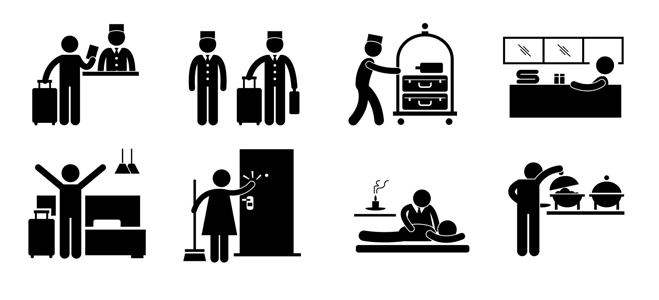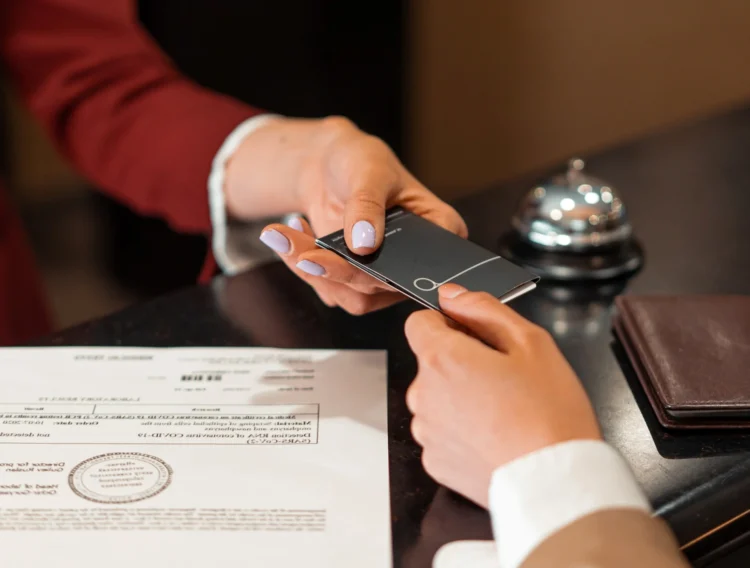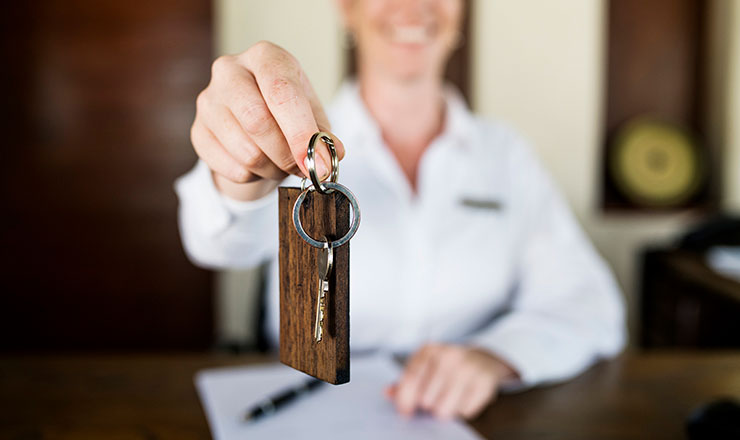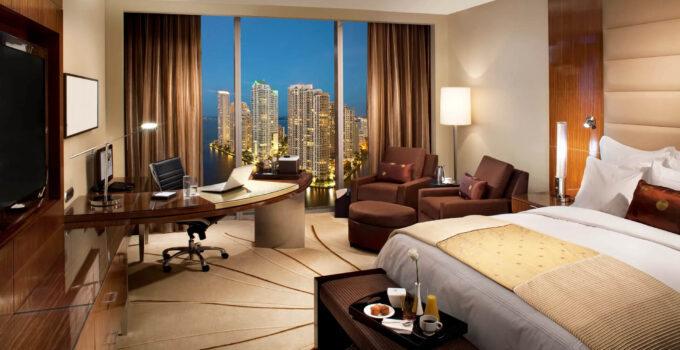Effective hotel property management is crucial for ensuring guest satisfaction and the overall success of a hotel. It encompasses various aspects such as understanding guest expectations, efficient front desk operations, optimizing room allocations, maintaining cleanliness standards, effective communication, leveraging technology, implementing guest feedback, staff training, and cost control measures. By mastering these best practices, hotels can create memorable experiences, build a loyal customer base, and achieve long-term success.
Page Contents
Understanding guest expectations and creating memorable experiences

Source: hotelogix.com
To provide exceptional hospitality, hoteliers must master the art of hotel property management, which involves understanding and anticipating guest expectations. This comprehensive approach encompasses personalized service, meticulous attention to detail, and the creation of memorable experiences. By going above and beyond in their management practices, hotels can surprise and delight visitors, leaving a lasting impression that not only encourages repeat visits but also generates positive word-of-mouth recommendations. Effective hotel property management is the foundation for delivering outstanding hospitality, ensuring that every aspect of a guest’s stay is meticulously designed and executed to exceed expectations.
Efficient front desk operations: Check-in, check-out, and reservations

Source: operto.com
Efficient front desk operations are crucial for ensuring a seamless guest experience during check-in, check-out, and reservation processes. This section explores the best practices for managing these key aspects of hotel property management.
Check-in: Streamlining the check-in process is essential to minimize wait times and provide a warm welcome to guests. Utilizing technology such as self-service kiosks or mobile check-in options can expedite the process and enhance convenience. Clear signage and well-trained staff members should be available to assist visitors with any questions or special requests. Efficient check-in procedures not only create a positive first impression but also set the tone for the entire stay.
Check-out: A smooth and efficient check-out process is equally important. Offering express check-out options, such as pre-authorization of credit cards or automated check-out through mobile apps, can save guests valuable time. Providing itemized bills and promptly resolving any billing discrepancies contribute to a hassle-free departure experience. Additionally, engaging with visitors during check-out to gather feedback and express appreciation for their stay can leave a lasting positive impression.
Reservations: Managing reservations effectively require a robust system that integrates with other hotel operations. A property management system (PMS) is essential for centralized reservation management, allowing front desk staff to easily access and update visitor information. Implementing a channel management system helps optimize inventory distribution across various online travel agencies (OTAs) and other booking channels, ensuring maximum room occupancy. Regularly monitoring reservation trends and utilizing forecasting tools can aid in accurate room allocation and revenue management.
Optimizing room allocations and inventory management for maximum revenue

Source: assetpanda.com
Effective room allocations and inventory management are key to maximizing revenue. By implementing dynamic pricing strategies, hotels can adjust room rates based on demand and market conditions. Additionally, utilizing a property management system (PMS) enables real-time tracking of room availability, simplifies reservations, and assists with optimizing room allocations to meet guest preferences and maximize revenue potential.
Maintaining cleanliness and hygiene standards throughout the property
Cleanliness and hygiene are non-negotiable aspects of hotel property management. Maintaining high standards throughout the property, including guest rooms, common areas, and amenities, is essential to guest satisfaction and safety. Regular inspections, well-defined cleaning protocols, and training programs for housekeeping staff are crucial for upholding cleanliness standards and ensuring a pleasant and healthy environment for guests.
Effective communication and coordination among staff members and departments
Smooth communication and coordination among staff members and departments are vital for delivering exceptional service. Regular team meetings, clear communication channels, and standardized operating procedures foster collaboration and minimize errors. By promoting a positive and supportive work culture, hotels can enhance staff morale and ensure a cohesive team effort toward meeting visitors’ needs and exceeding expectations.
Leveraging technology for streamlined operations and guest convenience

Source: operto.com
Technology plays a significant role in modern hotel property management. From online booking systems to self-service kiosks, hotels can leverage technology to streamline operations and enhance guest convenience. Automated systems for inventory management, revenue analysis, and visitor feedback enable efficient decision-making and continuous improvement. Additionally, embracing mobile apps, in-room tablets, and smart room features can provide guests with personalized services and elevate their overall experience.
Implementing guest feedback and continuous improvement strategies
Guest feedback is invaluable for identifying areas of improvement and delivering exceptional service. Hotels should actively seek visitor feedback through surveys, online reviews, and direct communication. Analyzing this feedback allows hotels to identify trends, address issues promptly, and implement continuous improvement strategies. Regular training programs based on feedback analysis can enhance staff performance, ensuring a consistently outstanding guest experience.
Managing staff training and development for exceptional customer service
Investing in staff training and development is essential for delivering exceptional customer service. By providing comprehensive training programs, hotels can equip their staff with the necessary skills, knowledge, and empathy to handle diverse guest interactions. Ongoing training opportunities, mentorship programs, and cross-training initiatives foster professional growth and empower staff members to provide personalized and attentive service, exceeding guest expectations.
Balancing cost control measures with maintaining high-quality standards

Source: mylomehotels.com
While controlling costs is essential, it must be balanced with maintaining high-quality standards. Hotels should adopt cost-effective practices without compromising on service excellence. Implementing energy-saving initiatives, optimizing inventory management, and analyzing operational expenses can help identify areas for cost savings. However, it is crucial to ensure that cost-cutting measures do not negatively impact guest experiences or compromise the hotel’s reputation.
Conclusion: Embracing the art of hospitality for long-term success
Mastering the art of hospitality through effective hotel property management is a continuous journey. By understanding guest expectations, optimizing operations, maintaining cleanliness standards, leveraging technology, implementing feedback, and investing in staff training, hotels can create memorable experiences and build a loyal customer base. Balancing cost control measures with maintaining high-quality standards is crucial for long-term success. Embracing the art of hospitality requires commitment, adaptability, and a relentless pursuit of excellence. By doing so, hotels can thrive in a competitive industry, leaving a lasting impact on their guests and achieving sustainable success.





